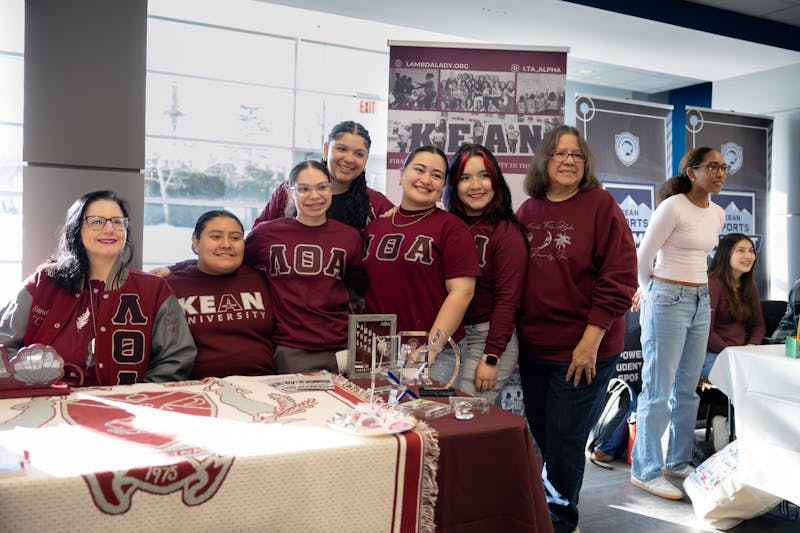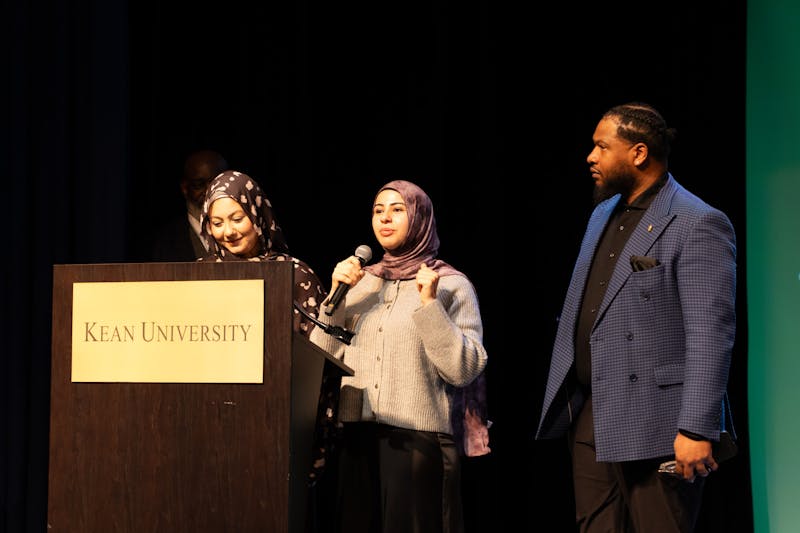The one thing that many students worry about is getting a job after graduating from college. Some students are able to get a position offered to them before graduation. Others have trouble finding a job months after graduating.
For any seniors looking for jobs right now, here are a few tips to successfully do so:
When is the best time to look for jobs
"This really depends on the industry. Some companies fill their positions for new graduates as early as the fall of your senior year, whereas other companies may not know what their budget is or which positions will be vacant until closer to graduation," comments Stella Maher, who is the director of Alumni Relations.
As Maher mentioned, looking for jobs early on is key even though most companies do not hire until later in the academic year.
"I would encourage students to start looking for what is out there no later than winter break of their senior year to at least get comfortable with the search and application process," Maher continued. "Of course, you can start even earlier by looking for internships and part-time work in your field."
The importance of applying to more than one job
Applying to one job posting is not ideal. This method of job searching will not be effective unless he or she is lucky, or has connections.
Maher said that "with online applications and job search sites, most positions are getting hundreds of applications. It can be hard to make your resume and cover letter stand out. You will also find some jobs [that] are posted, but already have an internal candidate in mind or the job does not actually get filled. So you want to have as many options possible."
She continued to say that taking the time to personalize a resume and cover letter is more important than, say, applying to 50 job postings in a month. So instead of writing an email to a company with a standard Dear Sir or Madam, try finding out who posted the job or the hiring manager of the company. Another important aspect of job hunting is to network.
"With so many applicants out there, jobs often go to someone who knows someone, whether they have tempted at that job, or a colleague passed along their resume, or they were an intern – any way they can get information that doesn't just come in mass through the computer helps," Maher commented.
Finding a full-time job is a full-time job
"I know you want me to say that’s not true, but unfortunately it really is," Maher said. "You need to stay very organized about your search so you can be responsive to prospective employers. If they want to offer you an interview, they will leave you a voicemail or send you an email with some suggested dates and times. If you don’t listen to that voicemail until weeks later – they have already moved on and you are out of the running. You need to be prompt and professional with these responses – they count."
She also mentioned that replying to an email too quickly can back fire. Sending an email too fast can cause an applicant to misspell words or double book interviews without checking their calendar.
Also, one should prepare themselves for an interview. Just going into an interview having a mindset of winging it, is not a good one.
"You’ll need to set aside time a few days prior to research the company online and prepare your own questions to ask of them, as well as practicing verbalizing your answers with friends or family so you’re ready to rock that interview. Afterwards, be sure to send that thank you email and hand written card right away," Maher said.
When looking for a full-time position, make a plan of how many job applications you will apply to each day or each week. Setting goals can help a student stick to his or her job search until he or she offered a position.
Where to apply for jobs
Some of the best websites that students should visit for job applications include LinkedIn and Indeed. Other websites to include in the search are The Muse and Glassdoor. These websites are popular mainly because job hunters cannot only seek jobs, but also be contacted by recruiters. But do not only go to these websites for job postings. Visit a company's website, where there is a list of all the company's open positions.
Also, as Maher said, "each industry has a different way of advertising openings." She also advised that as a job hunter, "I would research what is the professional group for your industry and start going to their conferences and reading their newsletters. Often that's a better networked way to find a position than a mass website."
LinkedIn Profile
Students should have a LinkedIn profile depending on the industry a student goes into.
"Teachers or healthcare professionals may not need a LinkedIn profile at all, but students in business fields might find it completely necessary," said Maher. "Whether you have a profile or not, you want to be sure that everything you put out there as part of your 'brand' represents you in a positive and accurate way."
Maher also insisted that a student should Google his or her name and see what employers can find. If there are any tweets or photos that are inappropriate, taking them down would be ideal.
"[But] if nothing comes up, maybe you should add some positive things such as starting a blog with your thoughts and insights to that industry," Maher suggested.
How to ace an interview
Go to an interview prepared.
Maher said before going to an interview, "look up people you will be interviewing with ahead of time on LinkedIn or the company's website."
Research the company. Learn about what the company does, how it affects the community and research its mission statement.
Also, "Google search the company – and make mention [during the interview] if they have been in the news recently or made any big announcements," Maher said.
Ask questions during the interview about the company.
Maher mentioned to "come prepared with intelligent questions, but don't ask things you should already know from their website. You could always end with 'Is there anything you wished to hear from me today, but didn't that I could elaborate further on,' to help you assess how you did."
The more prepared someone is for an interview, he or she has a higher chance of receiving the position than someone who is not.
Keep in mind that not every company will respond back with a yes or a no. As Maher mentioned, companies receive hundreds of applications a day so a company will not be able to answer every single applicant. Students should make their resume and cover letter stand out. Did volunteer work? Put it on there. Worked two part-time jobs and went to school part-time? Mention that in the cover letter. Employers are looking for something they have not seen before.
For more information about interviewing and personal branding visit the Kean Alumni Association YouTube channel where both informational videos can be found.






